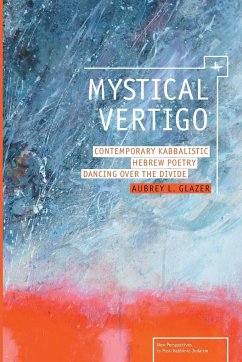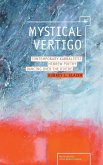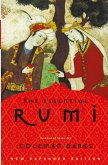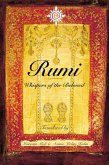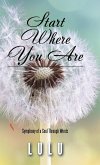Mystical Vertigo immerses readers in the experience of the contemporary kabbalistic Hebrew poet, serving as a gateway into the poet's quest for mystical union known as devekut. This journey oscillates across subtle degrees of devekut-causing an entranced experience for the Hebrew poet, who is reaching but not reaching, hovering but not hovering, touching but not touching in a state of mystical vertigo. What makes this journey so remarkable is how deeply nestled it is within the hybrid cultural networks of Israel, crossing over boundaries of haredi, secular, national-religious, and agnostic beliefs among others. This volume makes a unique contribution to understanding and experiencing the mystical renaissance in Israel, through its multi-disciplinary focus on Hebrew poetry and its philosophical hermeneutics.
Hinweis: Dieser Artikel kann nur an eine deutsche Lieferadresse ausgeliefert werden.
Hinweis: Dieser Artikel kann nur an eine deutsche Lieferadresse ausgeliefert werden.

